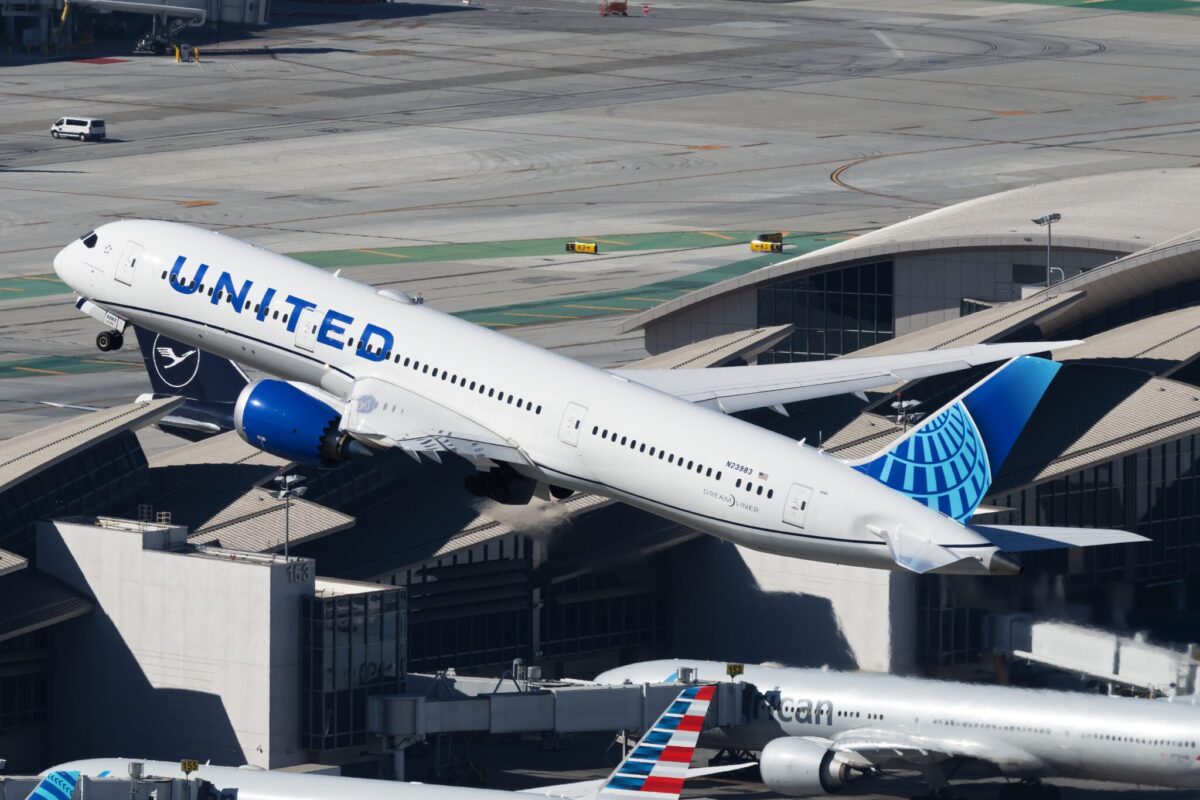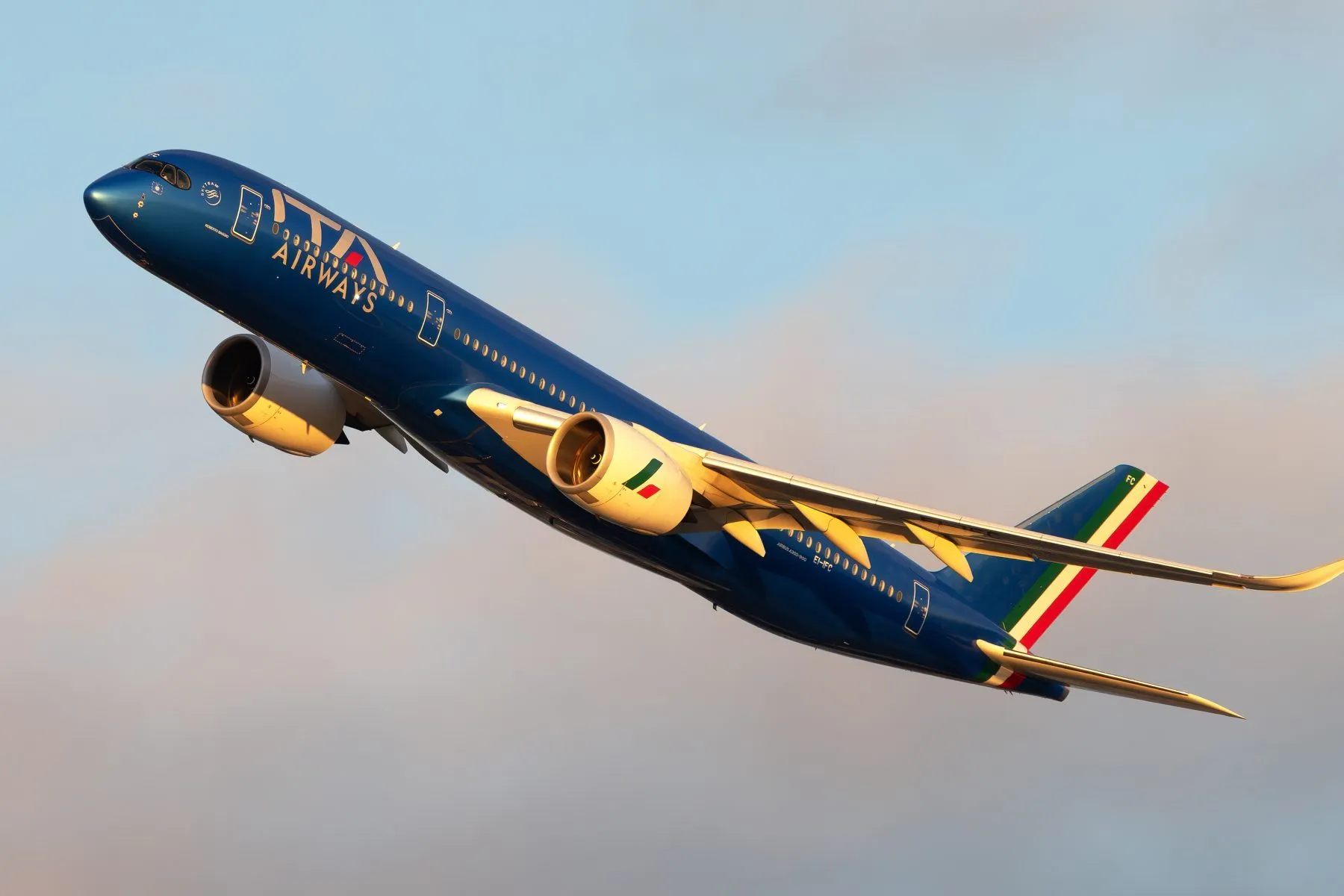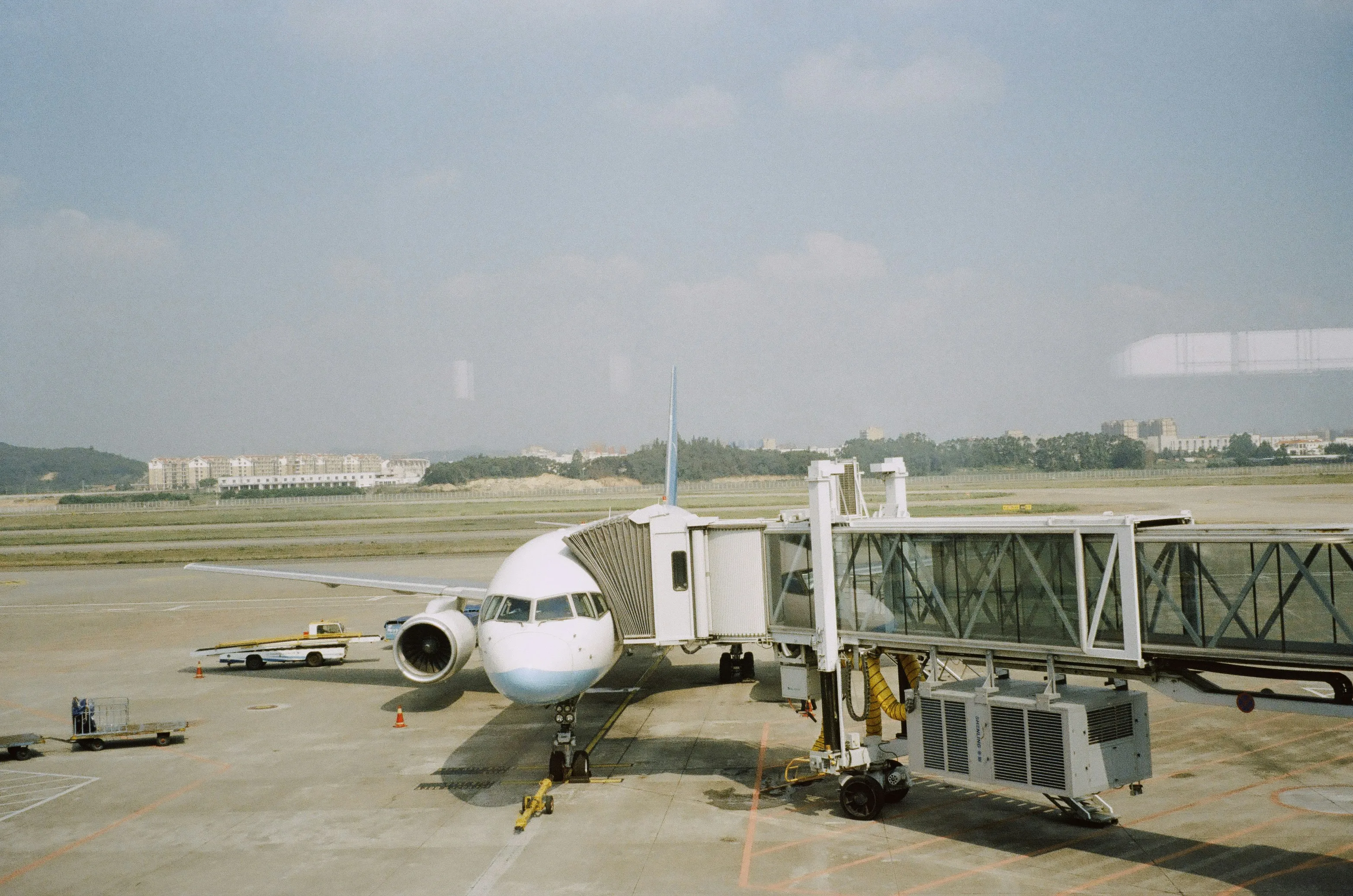Travel Drives India's International Spending to 10-Month High - India Report
Skift Take
$2.8 billion: That was the international spending by Indians in July 2024. It was the highest amount in 10 months and led by growth in travel spending: Data from the latest bulletin from India’s central bank showed that Indians spent $1.7 billion for travel. Last year, Indians spent $1.4 billion.
For the 12 months between August 2023 and July 2024, it was the third-highest level, according to an analysis of the Reserve Bank of India (RBI) data. Last August, Indians spent over $2 billion on international travel, followed by $1.8 billion in September.
Travel accounted for about 60% of all overseas spending during the period, except for a dip in the January to March quarter.
More Spending on Travel: There has been an increase in overall spending on travel internationally. RBI data shows that in the 2022-23 financial year, travel spending accounted for 50% of all overseas remittance. The following year, it had increased to nearly 54%. Now it's roughly 56%.
This increase can be attributed to the increased purchasing power of the Indian travelers, as well as a boom in outbound travel. A recent report by Indian commerce body FICCI (Federation of Indian Chambers of Commerce & Industry) stated that India’s outbound tourism market will reach $18.8 billion in 2024, and $55.4 billion by 2034: an annual growth rate of over 11%.
McKinsey and Company said that India has a fast-growing pool of first-time travelers, and the Organisation for Economic Co-operation and Development (OECD) said that outbound travel from India is emerging as the future growth engine for global tourism.
A report by payment network Collinson International earlier this month showed that Millennials in India are spending an average of $6,031 on travel annually, highest among any other generation. The next highest is Gen X at $3,059, followed by Gen Z ($2,622) and Boomers ($2,600).
Goa Increases Fees for Beach Weddings
The permission fees to hold weddings on the beaches of Goa has increased to INR 100,000 a day. The Goa Coastal Zone Management Authority (GCZMA) has made the decision after there was an increase in applications seeking permission for beach weddings. The new rates will apply to all private events, including weddings.
In May last year, the authority had raised rates for beach events to INR 100,000, but the fees then covered a five-day period for events. This means that the permission fee has increased five times for holding events in the coastal state.
The state has, however, said that there will be a 75% concession for government corporations, autonomous bodies, charitable trusts, schools, and sports events.

The Leela’s Parent Files For IPO
The Leela Palaces’ parent company Schloss Bangalore has filed for a massive IPO to the tune of $599 million (INR 50 billion). This is the largest-ever IPO in the history of the Indian hotels sector. The move has come as the company looks to pay off its debt and capitalize on the demand for high-end accommodation across India.
According to the company’s Draft Red Herring Prospectus, it plans to expand The Leela’s presence in the country by adding eight more hotels with 833 keys by 2028. Through this expansion, it also plans to venture into previously unexplored segments such as wildlife and heritage tourism, with properties planned near Ranthambore and Bandhavgarh National Parks.
Vacation Rental Startup Elivaas CEO Shares Expansion Plans
Indian luxury villa and apartment management startup Elivaas has secured $5 million in a funding round led by Bengaluru-based 3one4 Capital, according to a report by my colleague Peden Doma Bhutia. The startup has been founded by Ritwik Khare, who comes from MakeMyTrip, and Karan Miglani, the former global product head of Tripadvisor.
Elivaas is undertaking a rapid expansion in India, taking advantage of the early stages of the luxury vacation rental market in the country. The new capital could speed up the growth, Khare, who is also the CEO of the company, told Skift. “The goal is to be present in every major leisure destination in India by 2025,” he said. The startup is also eyeing international expansion in markets like Bali, Dubai, and Bangkok, targeting regions within a five-hour flight from India.
SpiceJet Plans to Have 100 Planes in Fleet by 2026
Budget carrier SpiceJet is aiming to have a fleet of 100 aircraft by the end of 2026, managing director Ajay Singh has told Indian news outlet The Economic Times. He said that the airline was impacted by two major events back-to-back: the global grounding of Boeing 737 Max and then the pandemic.
Singh’s statements came as the airline announced that it has raised INR 30 billion ($359 million) through its Qualified Institutional Placement (QIP). Apart from this, the airline will also receive INR 7.36 billion ($88 million) from the previous funding round, it said in a filing with the stock exchange.
“The fresh capital raised will be instrumental in ungrounding SpiceJet’s fleet, acquiring new aircraft, investing in technology, and expanding into new markets,” it said.





